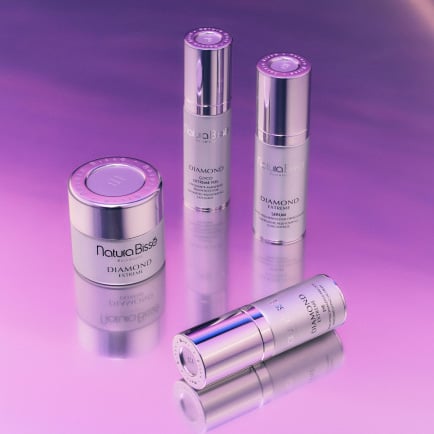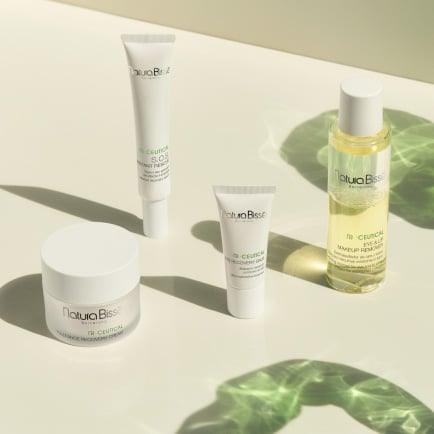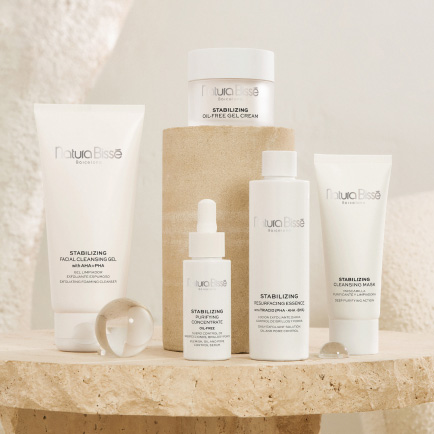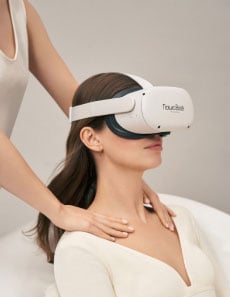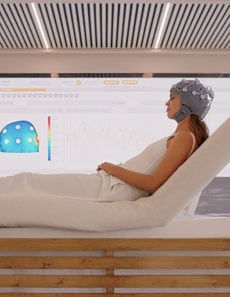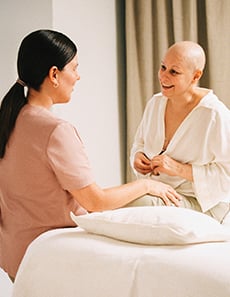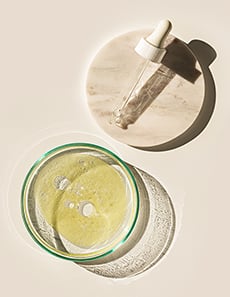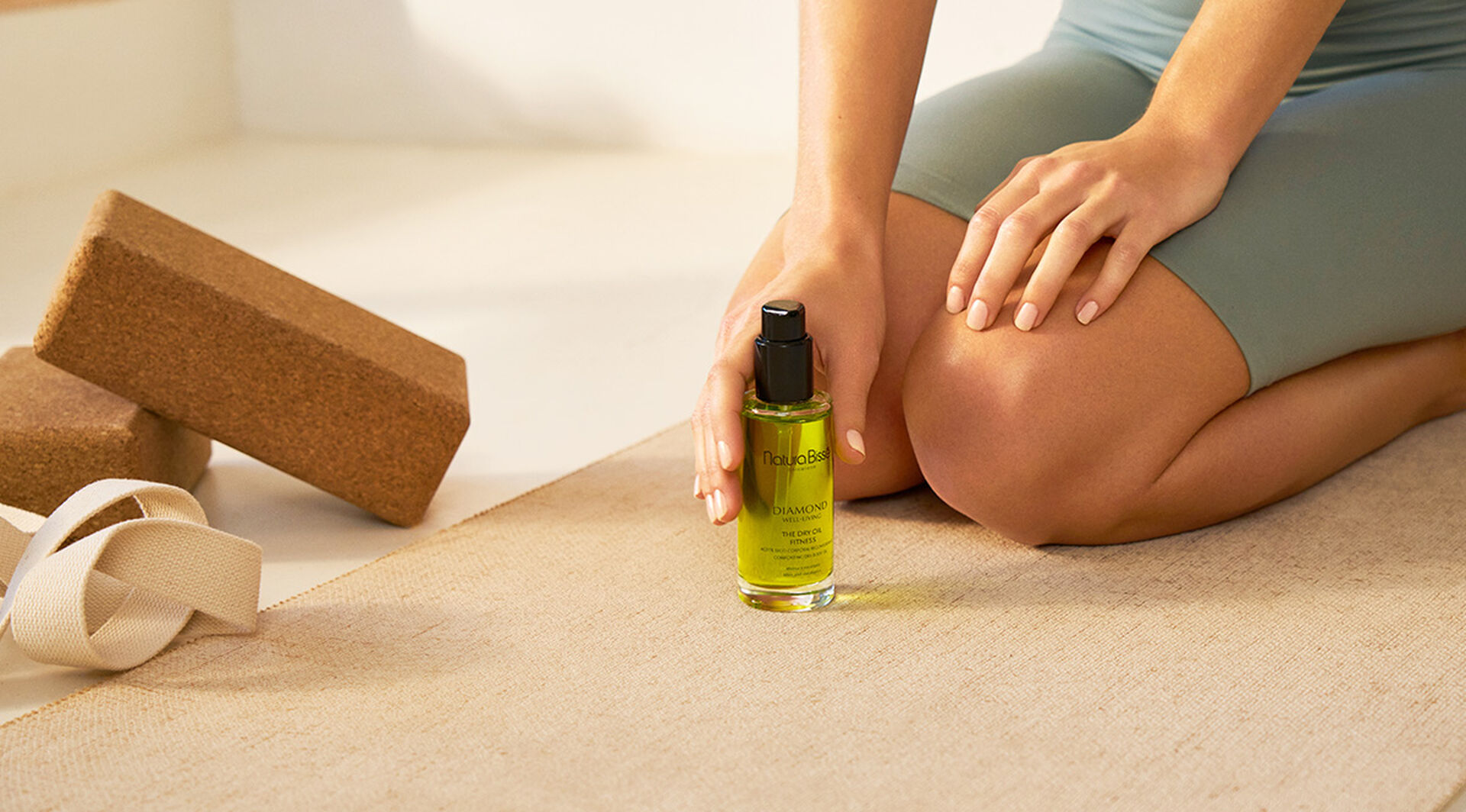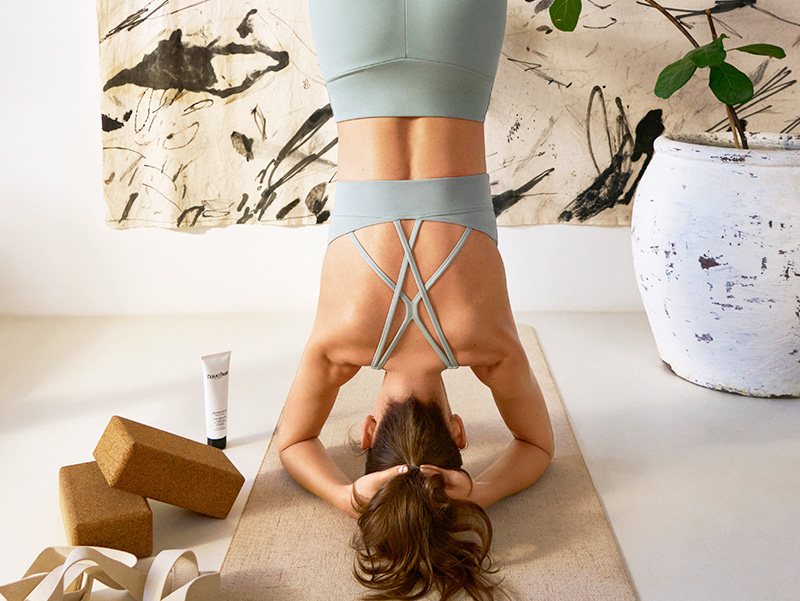Sport gives you countless physical benefits, and the gains aren’t just for your body. Today we want to focus on 3 of sport’s advantages for your mind. Remember them when you need a little extra motivation, and get moving to see the change.
1. FEEL MORE OPTIMISTIC
We now know that the happiness hormones generated by your own body are the most powerful well-being cocktail. Whenever you do physical activity, endorphins, serotonin and dopamine flood your body, making you feel so much better. More relaxed and more energetic, as well as more connected to other people, braver and more likely to experience intense joy.
2. IMPROVE YOUR SELF-CONFIDENCE
In addition to the incredible benefits of those neurotransmitters, sport is also good for your self-image. Feeling healthy and seeing yourself in a better light is vital to upping your self-confidence, loving yourself a little more and appreciating yourself a little better. Not to mention that achieving goals is another great way to build self-esteem.
Self-esteem is how you generally view yourself, define what you deserve and what you're capable of achieving. You need balanced self-esteem to lead a full and happy life, to improve, to take the right decisions and to achieve what you really desire.
3. REJUVENATE YOUR BRAIN
Many studies have shown that exercise can help reverse at least some of the undesirable effects of a sedentary lifestyle. It can also help slow cerebral aging and other degenerative diseases like Alzheimer’s, diabetes and multiple sclerosis.
Regular sport is an analgesic and an anti-depressant. And it also improves cognitive processes and memory. Sustained exercise can enhance your ability to think, as it seems to increase the size of the hippocampus, an area of the brain associated with learning and verbal memory.
SOURCES:
• Optimism
(1) Kelly McGonigal: Five Surprising Ways Exercise Changes Your Brain. “Greater Good Magazine”, JANUARY 2020
• Self-confidence
(2) Seyed Hojjat Zamani Sani, Zahra Fathirezaie, Serge Brand, Uwe Pühse, Edith Holsboer-Trachsler, Markus Gerber y Siavash Talepasand: Physical activity and self-esteem: testing direct and indirect relationships associated with psychological and physical mechanisms. Neuropsychiatric Disease and Treatment, Volume 12; October 12, 2016; pp 2616-2625
(3) The Mayo Clinic Team: Self-esteem check: Too low or just right? 14 July 2020
(4) UF study: Exercise improves body image for fit and unfit alike University of Florida; October 8, 2009.
• Brain
(5) Carlo Maria Di Liegro, Gabriella Schiera, Patrizia Proia and Italia Di Liegro: Physical Activity and Brain Health. Genes September 2019; 10(9): 720.
(6) Julia C. Basso and Wendy A. Suzuki: The Effects of Acute Exercise on Mood, Cognition, Neurophysiology, and Neurochemical Pathways: A Review. Brain Plasticity, volume 2, nº2; 28 March 2017; pp 127-152
(7) Heidi Godman: Regular exercise changes the brain to improve memory, thinking skills; Harvard Health Publishing, 9 April 2014




